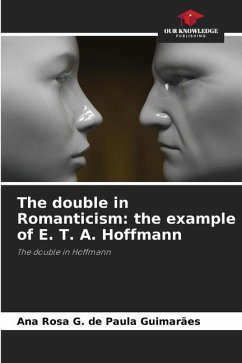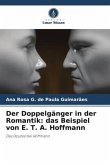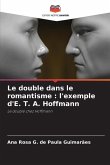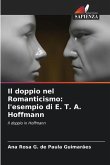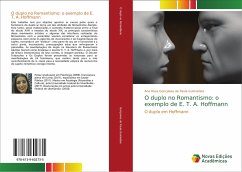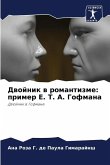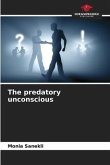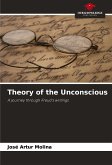The aim of this paper is to point out the reasons why the phenomenon of the double became one of the symbols of German Romanticism. To this end, the historical and social context between the end of the 18th century and the middle of the 19th century will be highlighted; the main characteristics of this artistic movement and some of the interfaces between Romanticism and psychoanalysis aimed to consider psychic antagonisms, as well as aspects of the unconscious and the fragmentation of the subject, making it a "split": one part of its being is conscious and the other part, unconscious, concerns that anticipated psychoanalysis. The manifestations of the double in the literature of German Romanticism were highlighted by the writer E. T. A. Hoffmann and, through the interpretative reading of his short stories, The Lost Image, Doctor Trabacchio and The Doubles, the nature of the manifestations of this phenomenon were analysed, which oscillated between the non-recognition of the self and the utopian need for the romantic subject to reunite with himself.
Bitte wählen Sie Ihr Anliegen aus.
Rechnungen
Retourenschein anfordern
Bestellstatus
Storno

